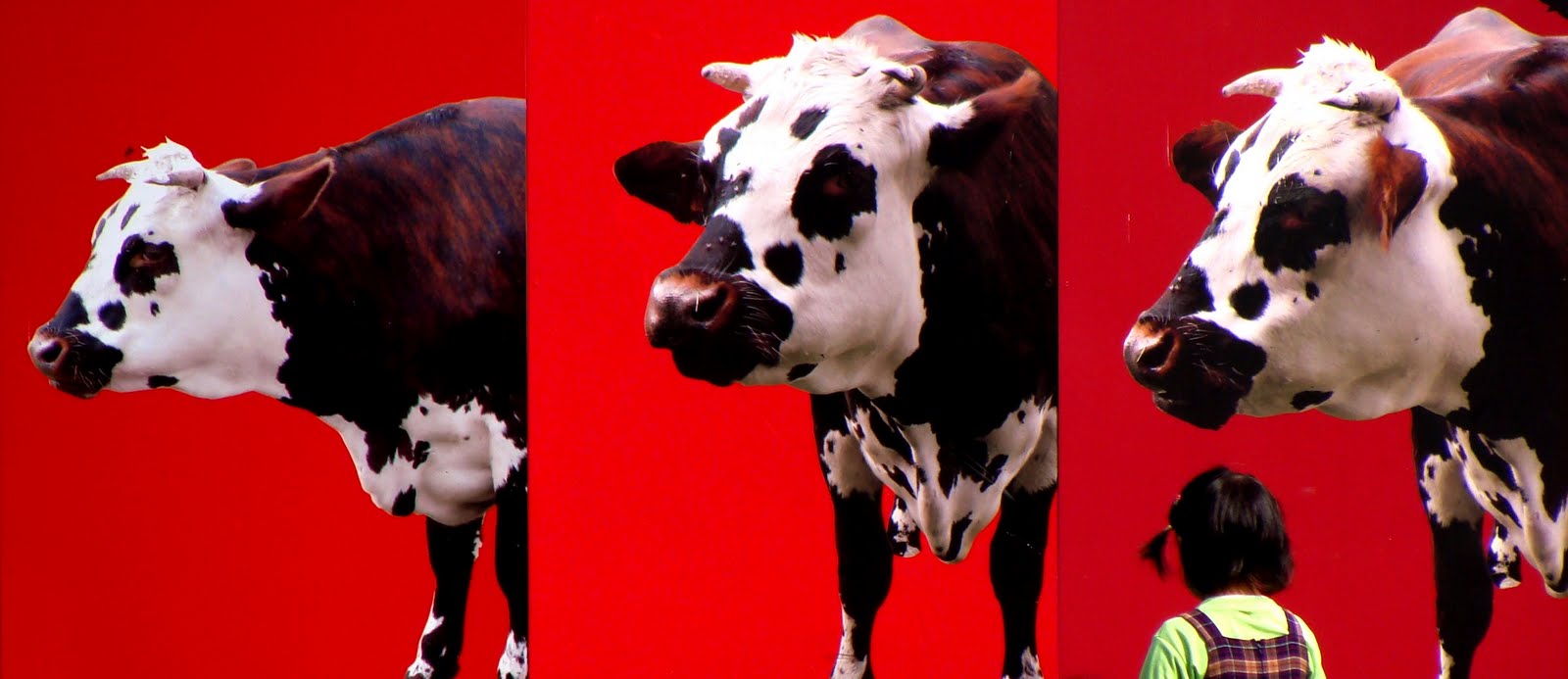An edited version of this piece is the fourth in a column called 'After Words' in Time Out Mumbai.
This is published in the September 2012 issue (Vol 8 Issue 28) of Time Out Mumbai.
Wild World
There’s a restaurant near my home I occasionally give custom to. The focus of this establishment is an aquarium, about three feet across and a foot and half deep. A motley bunch of fish therein measure out their lives in coffee spoons. The biggest machchi in this taaki is a goldfish, nine or ten inches long. There since the aquarium was installed around fifteen years ago, it swims in laps of four body lengths or so before it runs out of room, and turns and makes another lap, back and forth.
Fifteen years on, its golden lustre is now a listless aluminium; its eyes rheumy, completely cataracted, with no use for sight, or sense. I would have preferred this fish on my plate, properly fried all those years ago, than to remain witness to a fate I would not wish on Kasab. Imagine then, the thousands of aquariums in our city filled with incarcerated fish who should be gracing coral reefs, not marble chips, plastic seaweed and toy divers exhaling bubbles.
Even as a child I could not comprehend a visit to a zoo- why it was exciting to peer at once Royal Bengals behind bars, snakes in a stupor in glass boxes, or to feed bananas to an elephant in chains? I still wince at the recollection of a cage bearing the legend ‘Pongo Pygmaeus’ in the Peshwe Park, Pune. In a corner lay a nearly comatose adult male orang-utan. Its skin was a muddy brown having lost most of its hair to mange. It sat on its own faeces and stared. One hand clutched at air outside the bars. It struck me that this animal must be stark, raving mad. I have never visited a zoo since.
Apart from dogs and cats that have a shared existence with our ancestors since some fifteen thousand years, I support a blanket ban on all pets in our city. Farm animals should stay on farms. The panjrapols of Mumbai eventually wind down and the Victorias from Victorian times requiescat in pace in museums. Simple minded? Consider this: we live in a city that does not even have the culture to separate its dry garbage from its wet. Should animals then be subject to our detritus, breathe our exhalations or when abandoned, have no choice but scavenge on our plastic bags?
It is a poor imagination, to recreate any semblance of the wild in an urban environment, or populate it with species that have no business in a city. Our penchant of putting non-domestic species in cages and tanks has not waned, sadly, not even with hi-def NatGeog channels or hyper-realistic animated screen savers. I am even ambivalent about the continued presence of Taraporewala Aquarium. It makes me queasy to re-imagine it as an Oceanarium, with dolphins jumping through hoops, or majestic Orcas in a swimming tank.
Which brings me to the Byculla Zoo Redevelopment Project: it has rightly been criticized by urban and environmental groups, but the moot point is that in its redevelopment, every semblance of a zoo should be removed. Jijamata Udyan should revert to a botanical garden, where flora flourishes and supports such fauna natural to the micro-ecology that it creates. No cages. No animals. Just an abundance of common and uncommon plant life. Ironwood. Colvilles Glory. Amherstia Nobilis. Any continued existence or addition of animals would only undermine its carefully cultivated verdure that deserves a Grade ‘A’ heritage status all for itself.
What of the present animals in the zoo? There’s the rub. Too wild to be domesticated and too dependent to be rehabilitated in the wild- the larger the animal the bleaker its future. Call me names if you must, but this is what I think each one should get- a bullet behind the ear. They need to be put down. Let us steep in this collective guilt, at least for one generation, that we destroyed these fine beasts. Our city, while large enough to accommodate several thousands more from our own species should never again be a confinement to even one more from the wild.


No comments:
Post a Comment